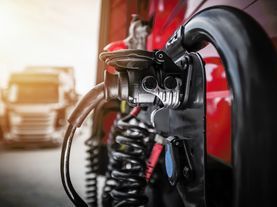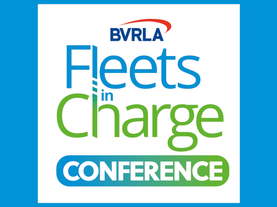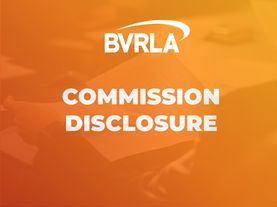The European Commission is working on proposals to ‘cushion’ the impact of the 10% tariff on imports and exports of electric vehicles. The potential move is in response to pressure from carmakers to amend some of the conditions imposed when the UK left the EU in January 2021.
Under the plan, a series of ‘cushioning measures’ would be brought in to mitigate the impact of the 10% tariff, due to enter into force on 1 January 2024. Any EV exported from the EU to the UK or vice versa must be at least 45% made in either the EU or the UK or it will be subjected to the tariff.
The main proposal is to extend the validity of the 2023 official ‘statements of the origin’ – that need to be submitted when exporting cars – into 2024. This would guarantee that any EV ordered in 2023, but delivered in 2024, would be compliant with 2023 rules when a tariff did not apply.
With lead times of up to six months for electric vehicles, the extension could give manufacturers some breathing space. Many manufacturers in Britain and across the rest of Europe have called for the tariff to be suspended for three years to allow time for new battery factories and their associated supply chains to get up and running.
The commission proposal has so far been presented only orally, and member states are expected to respond once it becomes a written proposal. It is understood that some fear the commission’s ‘cushioning measures’ could be legally challenged.
See the BVRLA article: What is changing with ‘Rules of Origin’?
Also visit the BVRLA’s Rules of Origin Guidance page.




